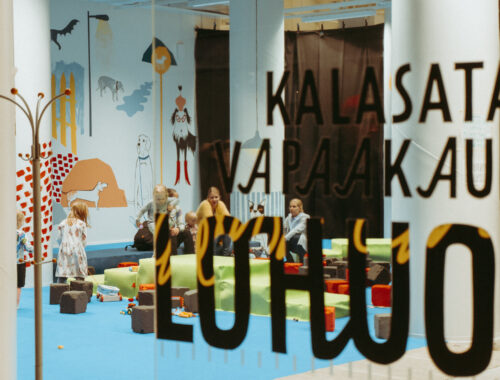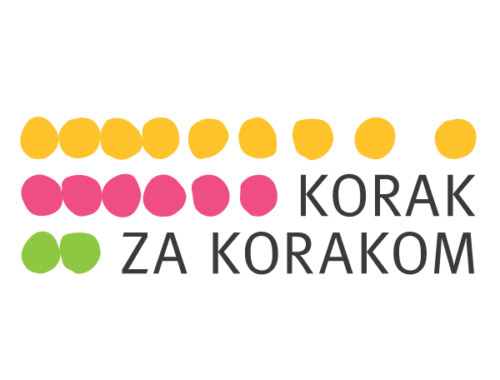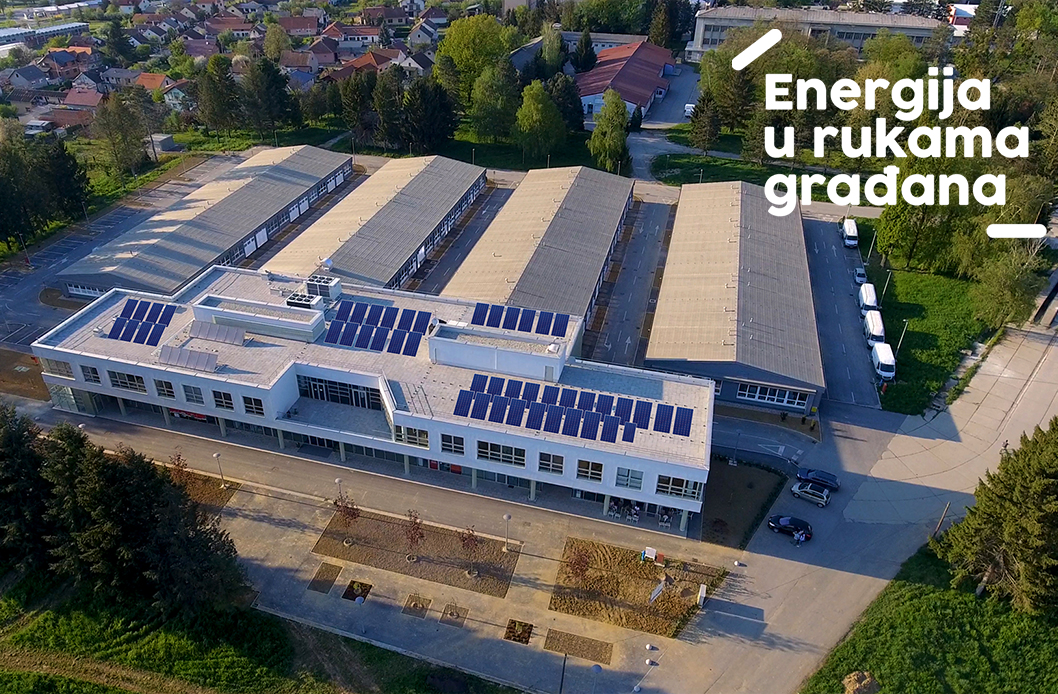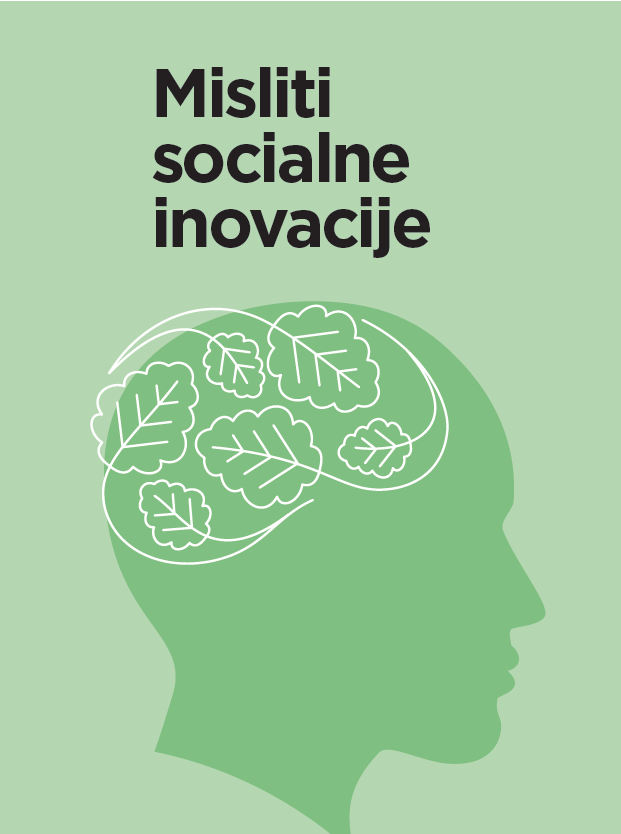USING AN HOLISTIC CURRICULUM TO CREATE AWARENESS, CHANGE ATTITUDES AND PROMOTE COLLABORATIVE ACTIVITIES
TO NURTURE WELLBEING AND LIFELONG LEARNING OF PUPILS, FAMILIES AND THE COMMUNITY.
DR. ANN-MARIE HOUGHTON
Context
The Loyne Specialist School, located in Lancaster in the North West of England has been recognised since 2008 as an outstanding maintained Special School for pupils with severe learning difficulties (SLD), profound and multiple learning difficulties (PMLD) aged between 2 and 19 years. Our value and purpose is summarised by our Head teacher who writes:
Our mission statement ‘Working Together, Valuing Achievement’ encapsulates our purpose. Our drive is to maximise the life chances for all our pupils and, as an outward facing school, we embrace the shared responsibility for the wider Special Educational Needs and Disability (SEND) community through our research, School to School support and training.
‘Working together’ is fundamental to our holistic curriculum which involves positive collaborative relationships with our families, health and social care professionals, our local community including employers. ‘Valuing achievement’ encourages everyone to recognise and appreciate, ‘our pupils’ accomplishments, however small and in whatever sphere of their life, as they each demonstrate their unique potential (Headteacher).
Aims and objectives in our holistic curriculum permeate those for pupils, families, staff and governors (who are unpaid members of the community who share their expertise and support the strategic direction of the school). Objectives of particular relevance to social innovations include:
engaging positively with the local and wider community to identify opportunities for inclusion in its broadest sense;
adopting innovative ways to enhance the quality of teaching and learning and provide extra-curricular activities;
encouraging learning for life through experiences that promote and sustain emotional health and well-being.
Innovation: Hotel Takeover Day
Challenges: raising awareness, changing attitudes
There have been many changes since the publication of the Report of the Committee of Enquiry into the Education of Handicapped Children and Young People Within England (Warnock Report) (1978) through to the Equality Act (2010) legislation and education policy. The shift in awareness, attitudes and opportunities for disabled people has been gradual and is not complete. With young people with Special Educational Needs (SEND) and their families who attend the Loyne still experiencing educational and life challenges. Although physical barriers associated with the environment restrict some of our young people, perhaps the greatest barriers are attitudinal arising from a lack of awareness and for some a lived experience of knowing disabled people.
Like most parents and carers, our families want the best for their children and clearly value the positive life affirming opportunities they gain from the holistic curriculum at the Loyne. However, parents have also shared the challenges with going out for a meal, or on holiday; the uncertainties of knowing how people will respond to their child having a seizure, or exhibiting behaviours associated with their SEND, the feelings they have of being judged for not controlling their child, or even disapproval for choosing to enable their child to access their right to engage in the world. The challenges are often hidden and faced alone, to help inform, support and tackle the isolation some families feel and allow them to celebrate their own and their child’s achievements and gain mutual support school offers a weekly ‘chill and chat’, parent courses, pastoral, speech and language suport and referral to other agencies.
Preparing our young people and sometimes their parents for life after school begins as soon as they join the school. Through a focus on Emotional Health and Wellbeing, pupils focus on the Five Ways to Wellbeing through a theme day each term. Developing the social skills to interact and communicate is embedded within the curriculum, this might include:
Inclusion opportunities – both social and academic
Learning outside of the classroom from the ages of 2 to 19
Going into the local community to access lesiure / shopping facilities e.g. attending Lancaster University’s Farmers’ Market to sell things they have made in their enterprise sessions at school
Travel Training for our post 16 students
Duke of Edinburgh students volunteering in the community (this year they have volunteered at an elderly residential home)
Although the remainder of this case study focuses on the work experience opportunities we prepare and provide it is important to recognise that collaborative working inside and outside of school not only raises awareness and challenges the attitudes and belief of our pupils and their families about what they can achieve, but also transforms the perceptions and opinions of employees who have the opportunity to work with our young people.
Collaboration: a collaborative approach
We offer and support young people to engage in a wide range of work related learning (WRL) including: school-based employment with associated application, recruitment, appraisal and remuneration processes. These include jobs such as playground buddies, IT technicians and cleaning assistants; or negotiated placements in local supermarket to help stock shelves, or learning food hygiene, cooking, car mechanics, woodwork and horticulture to support future work experience activities.
The Holiday Inn Takeover Day was a high profile activity that illustrates the benefits of this social innovation that involves collaboration at an organisational but perhaps more importantly individual level. For further details see the Loyne Facebook post and link to radio interview of two teachers by one of our pupils who is a volunteer DJ at Beyond Radio and pictures of the Takeover Day.
Changes: a learning process
The Takeover day was the culmination of a series of WRL opportunities and for the young people represented part of an individualised programme of preparation for transition out of school. The learning opportunities were identified and mapped to individual requirements and covered not only skills directly associated with the work experience itself, but also development of communication and team work skills as well as confidence, self-belief, perseverence and a sense of achievement. For some of the parents and carers the innovation led to changes in the expectations they might have for their son or daughter. Some never imagined that there would be work opportunities available, or that their child would have had the confidence or resilience to engage in such a high-profile and dynamic social event. For school staff learning included raised awareness of work organisational and events planning, as well as increased awareness of the catering and hospitality industry. For hotel staff, disability awareness, increased communication skills to support engagement with the public. For the wider community who heard about the innovation we would hope it helped to change their views about what young disabled people can do.
Collaborators: a multi-agency approach
Collaboration is fundamental to all our work, it not only enriches the learning experience and support provided for young people, but frequently leads to learning and professional development on behalf of the staff involved. The Takeover Day was typical, it involved initial negotiation regarding the purpose and intended outcomes for individual young people, individual staff and the two organisations. It relied on building a positive working relationship that valued the contribution of all involved and was actively supported by senior managers who recognised the contribution to their organisations strategic goals and appreciated the time and resources required to facilitate the day.
Public Response
The response of the staff from the Holiday Inn is typical of the public with whom we collaborate. Some may be hesitant even sceptical, whereas others begin the process with good intentions and a belief that they are helping our young people. At the end many realise that they have underestimated the skills and capabilities of our young people, and perhaps surprisingly gained more than a good feeling from their experience. As we hoped and intended we have helped to raise awareness and change attitudes toward disabled people and thus share the wider benefits of education outside the school gates.
Plans and further developments
There are plans to repeat the day, but also to extend the range of employers willing to work with us to provide our pupils and their staff with opportunities to enhance their well-being by: connecting with new people, being active in both a physical sense but also in their commitment to social innovation, taking notice of new environments and how others approach working practices, and valuing the immeasurable benefits of learning from and giving to others. Further plans also include developing the organisational approach as a model of good practice for other educational settings as well as developing accredited routes into work including supported internships.
Morda vam bo všeč tudi

SVOBODNO MESTO KALASATAMA IN KOLEKTIV KERA – SKUPNOSTNOST IN KULTURA V NOVIH OKOLJIH
16/04/2021
MREŽA KORAK ZA KORAKOM – DO VIŠJE KAKOVOSTI VZGOJNEGA PROCESA V VRTCIH
05/06/2020
